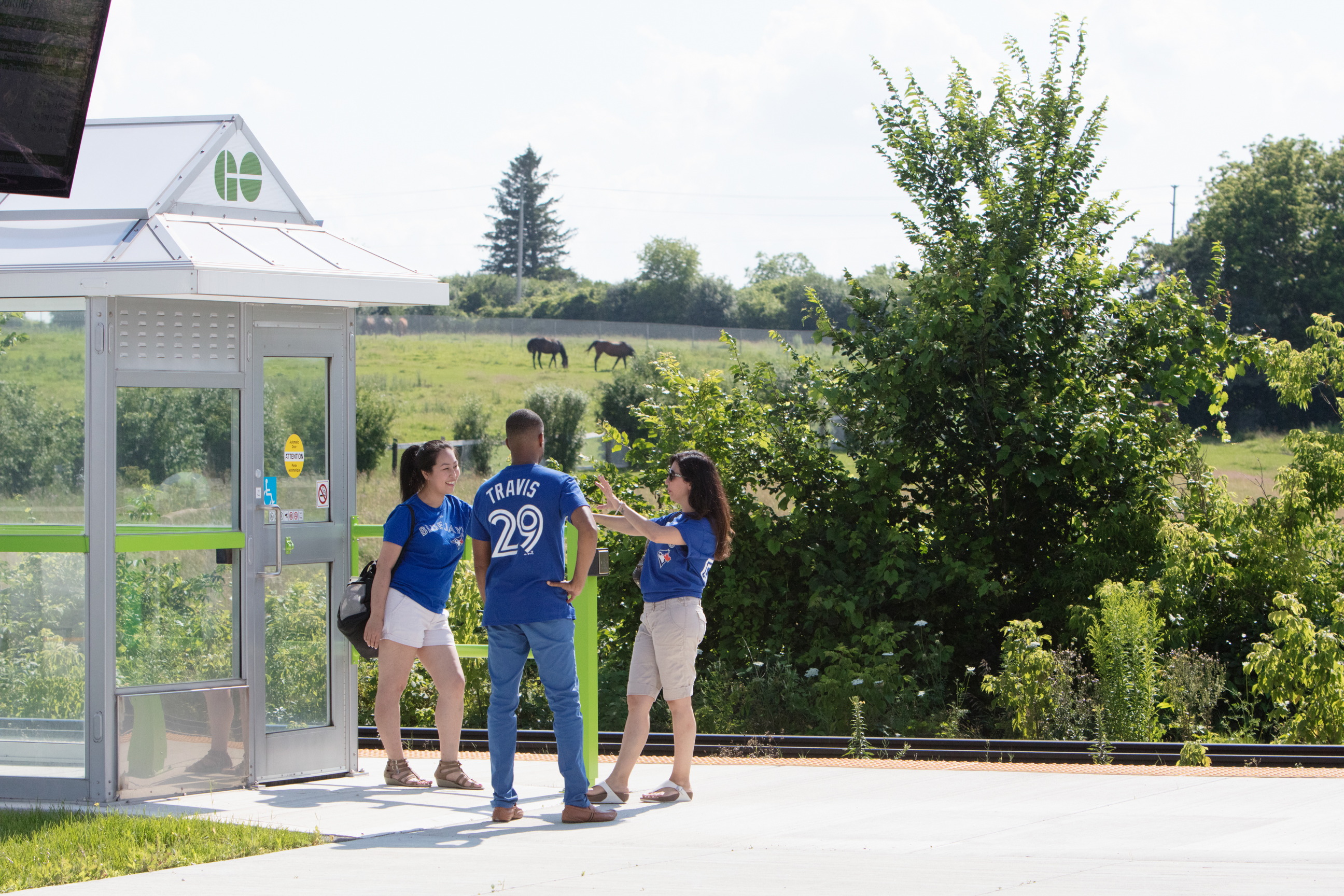Richard White
Senior Member
I don't think it needs to break even either. We never have the expectations for roads to break even.
Yes but taxpayers should not be subsidizing tourism to Niagara Falls. Unfortunately as many of us know that train is overloaded with people that the Falls cannot easily support.





